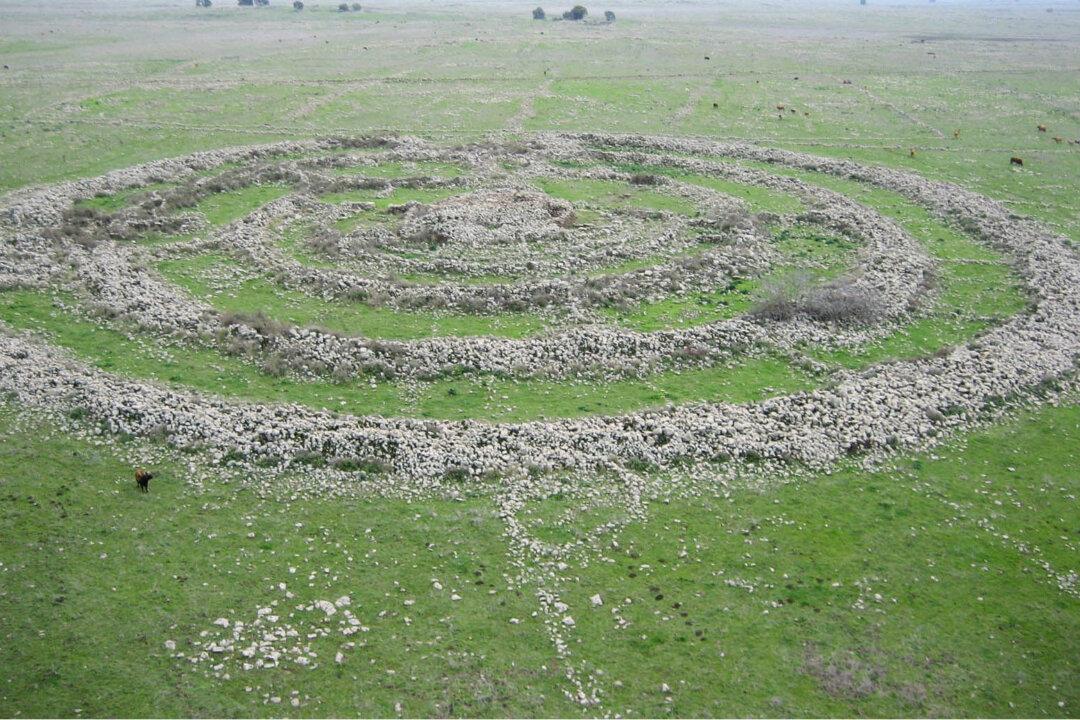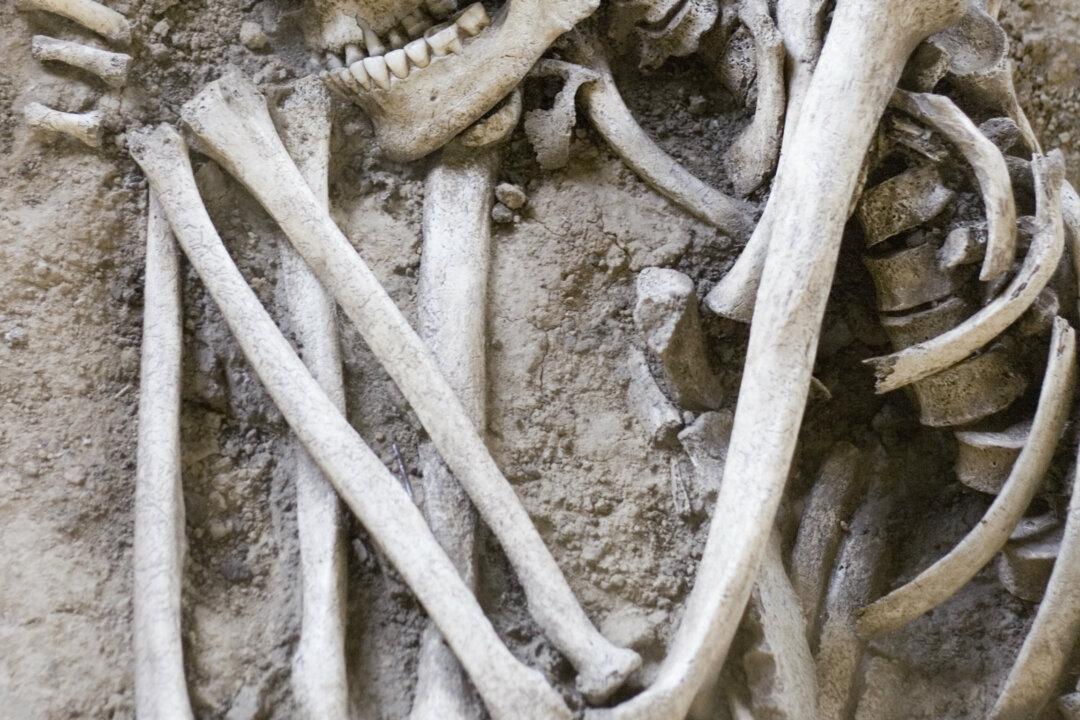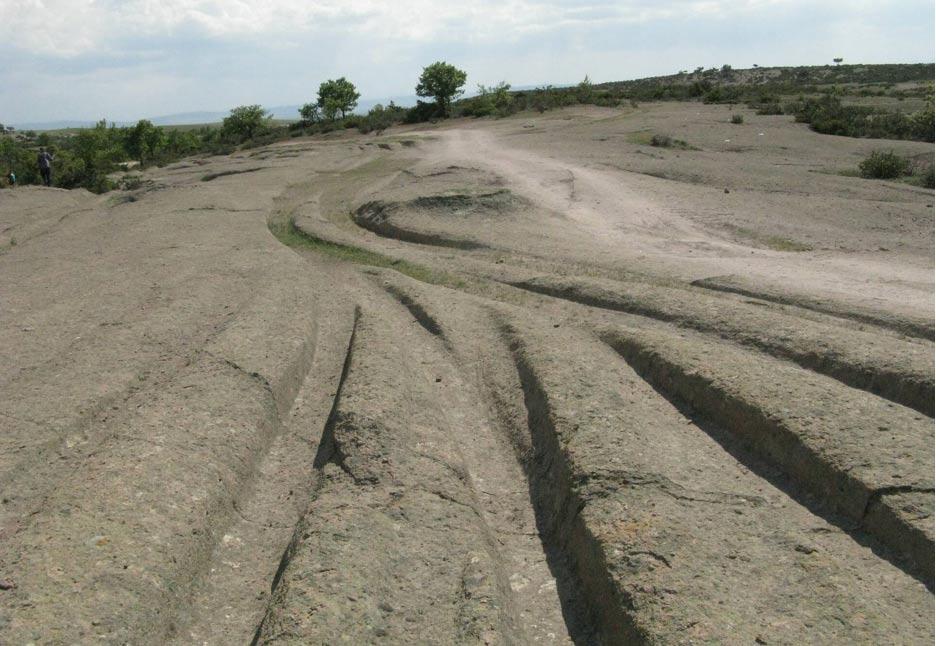When odd, skull-shaped grave items were found by archaeologists decades ago at an Aztec temple in Mexico, they were assumed to be mere toys or ornaments, and were cataloged and stored in warehouses. However, years later, experts discovered they were creepy “death whistles” that made piercing noises resembling a human scream, which the ancient Aztecs may have used during ceremonies, sacrifices, or during battles to strike fear into their enemies.
Quijas Yxayotl, a musician who plays an array of traditional Mexican Indian Civilizations instruments, demonstrates an Aztec death whistle.
Two skull-shaped, hollow whistles were found 20 years ago at the temple of the wind god Ehecatl, in the hands of a sacrificed male skeleton. When the whistles were finally blown, the sounds created were described as terrifying. The whistles make the sounds of “humans howling in pain, spooky gusts of whistling wind, or the ’scream of a thousand corpses,'” according to MailOnline.





